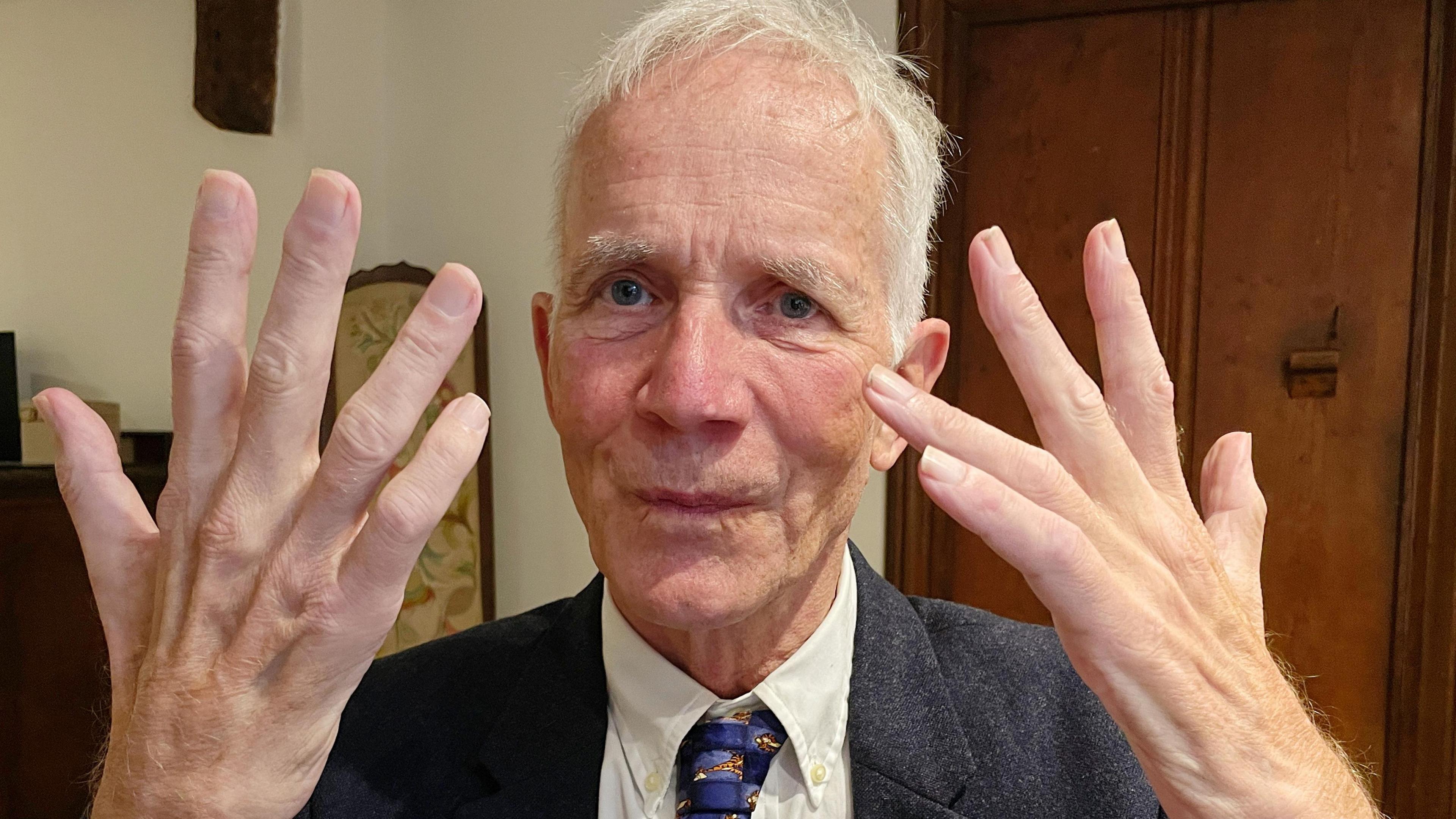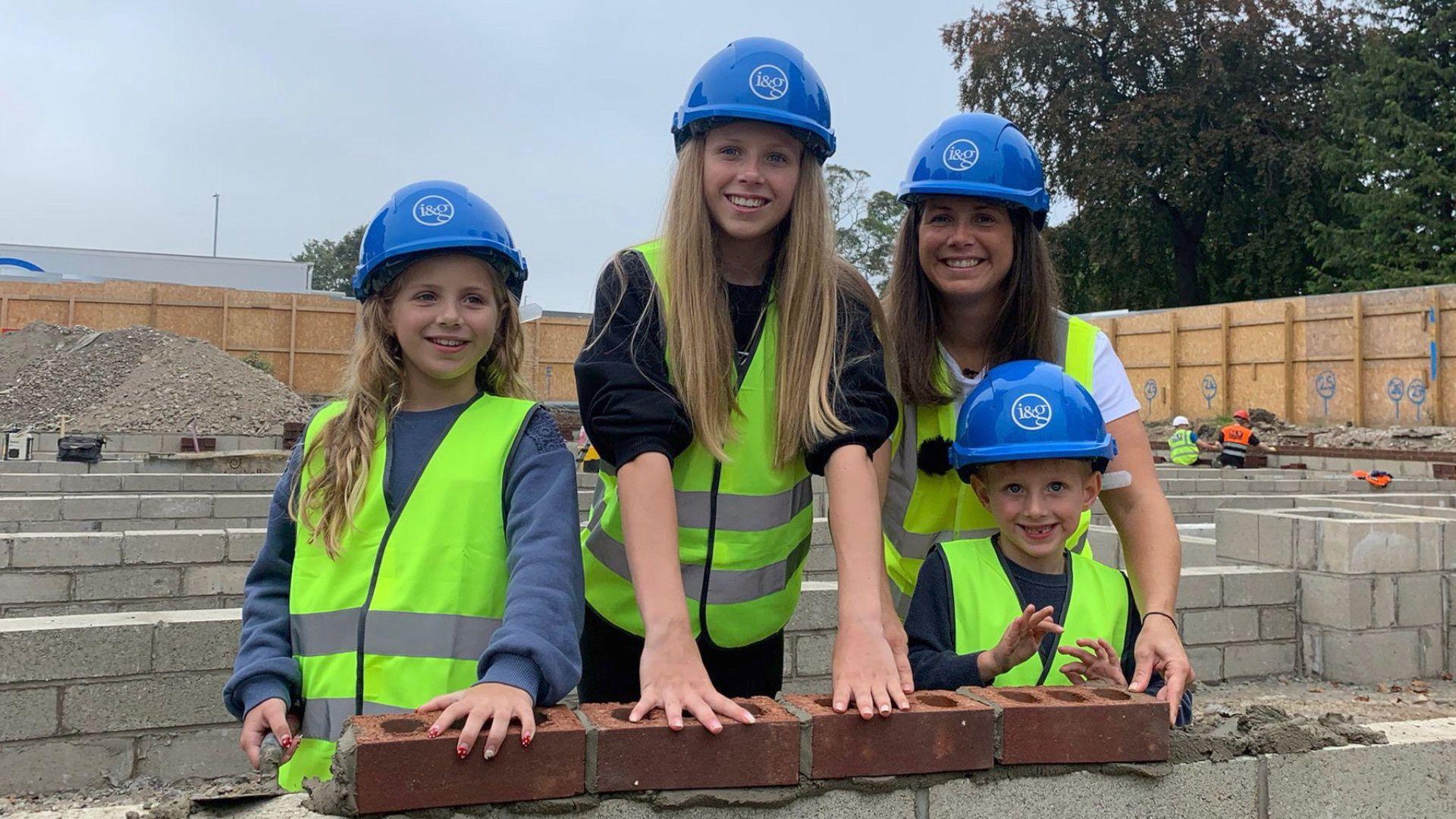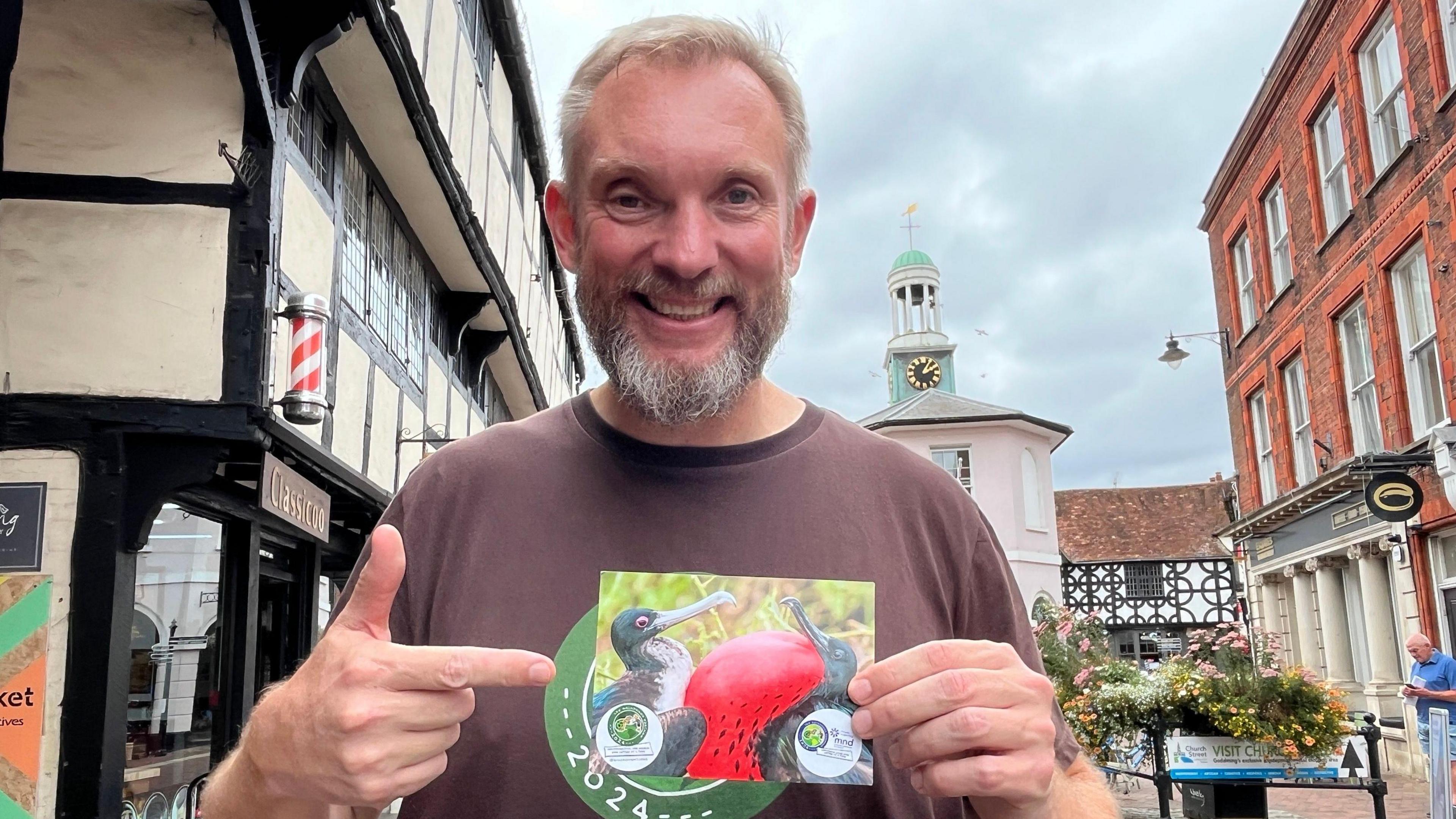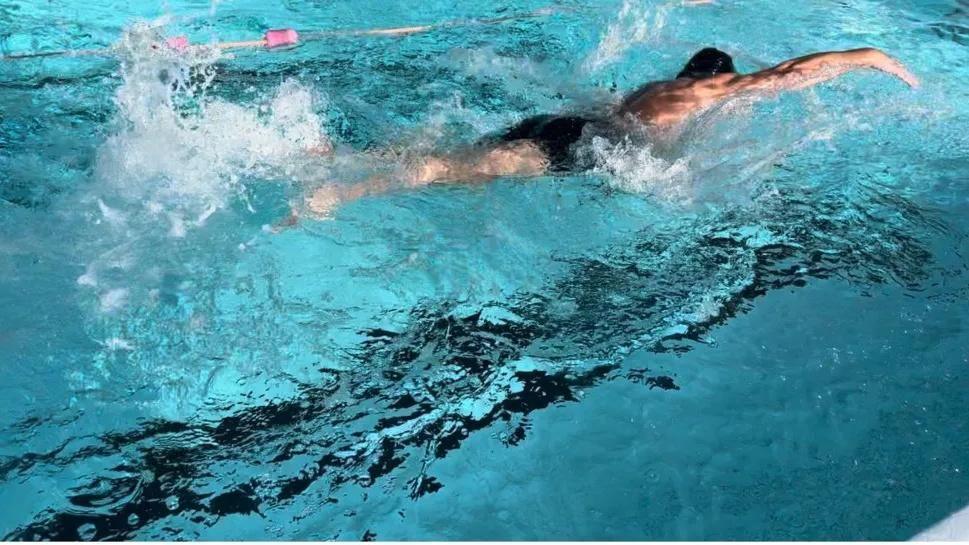Surgeon's 'scarecrow hands' stop him operating

Surgeon Graham Watson can't operate on patients any more due to his Motor Neurone Disease
- Published
A world-leading specialist surgeon diagnosed with Motor Neurone Disease (MND) says that while he can no longer operate, he can teach his skills to other people across the globe.
Graham Watson, from Eastbourne, East Sussex, is one of the world's leading kidney stone specialists.
However, the disease has led to muscle wastage in both his hands.
He said they "look like a scarecrow's hands".
Mr Watson, who retired from his role as a consultant urologist at Eastbourne District General Hospital last year, was diagnosed with MND two years ago.
"It is a pig of a disease. It gets you in a wheelchair. You can’t speak. You can’t swallow," he said.
He said he felt lucky at the moment, adding: "The only thing that’s affected is a bit of shortness of breath and my hands are not very powerful and so I can’t operate any more, but I can teach."
He now runs a charity and teaches his skills to surgeons in more than a dozen countries in Africa.
In 2023 he was awarded the highest accolade for global training, the Albert Schweitzer International Teaching Award, which is only given to one doctor in the world each year.
The NHS describes MND , external as an uncommon condition that affects the brain and nerves. It causes weakness that gets worse over time.
There's no cure for MND, but there are treatments to help reduce the impact it has on a person's daily life.
MND can significantly shorten life expectancy and, unfortunately, eventually leads to death.
'I can only go and teach'
In the 1980s Mr Watson pioneered the worldwide use of lasers to shatter kidney stones.
Described as a major breakthrough, it allowed patients to avoid major surgery.
Since 2008 he has travelled to "low income countries" with his charity Medi Tech Trust, to pass on his skills in removing kidney stones.
"I can only go and teach what I do, which is stone surgery," he said.
He is now looking for more surgeons to follow in his footsteps, believing that more lives could be saved.
He said: "Some of these procedures could be saving more lives but I’m saving some and doing some good and then helping them with equipment which is relevant to all branches of surgery.
"I am driven to do it quickly but I don’t sit here worrying about what’s going to happen tomorrow. Just live for the day."
Follow BBC Sussex on Facebook, external, on X, external, and on Instagram, external. Send your story ideas to southeasttoday@bbc.co.uk, external or WhatsApp us on 08081 002250.
Related topics
- Published2 September 2024

- Published6 August 2024

- Published2 September 2024
